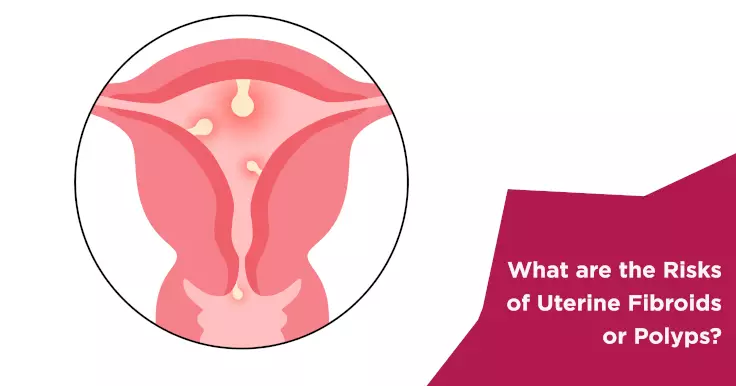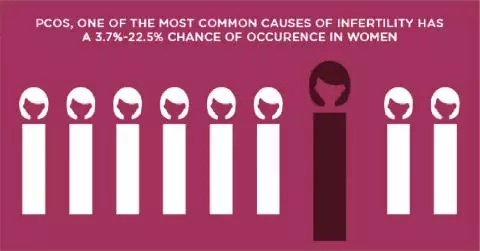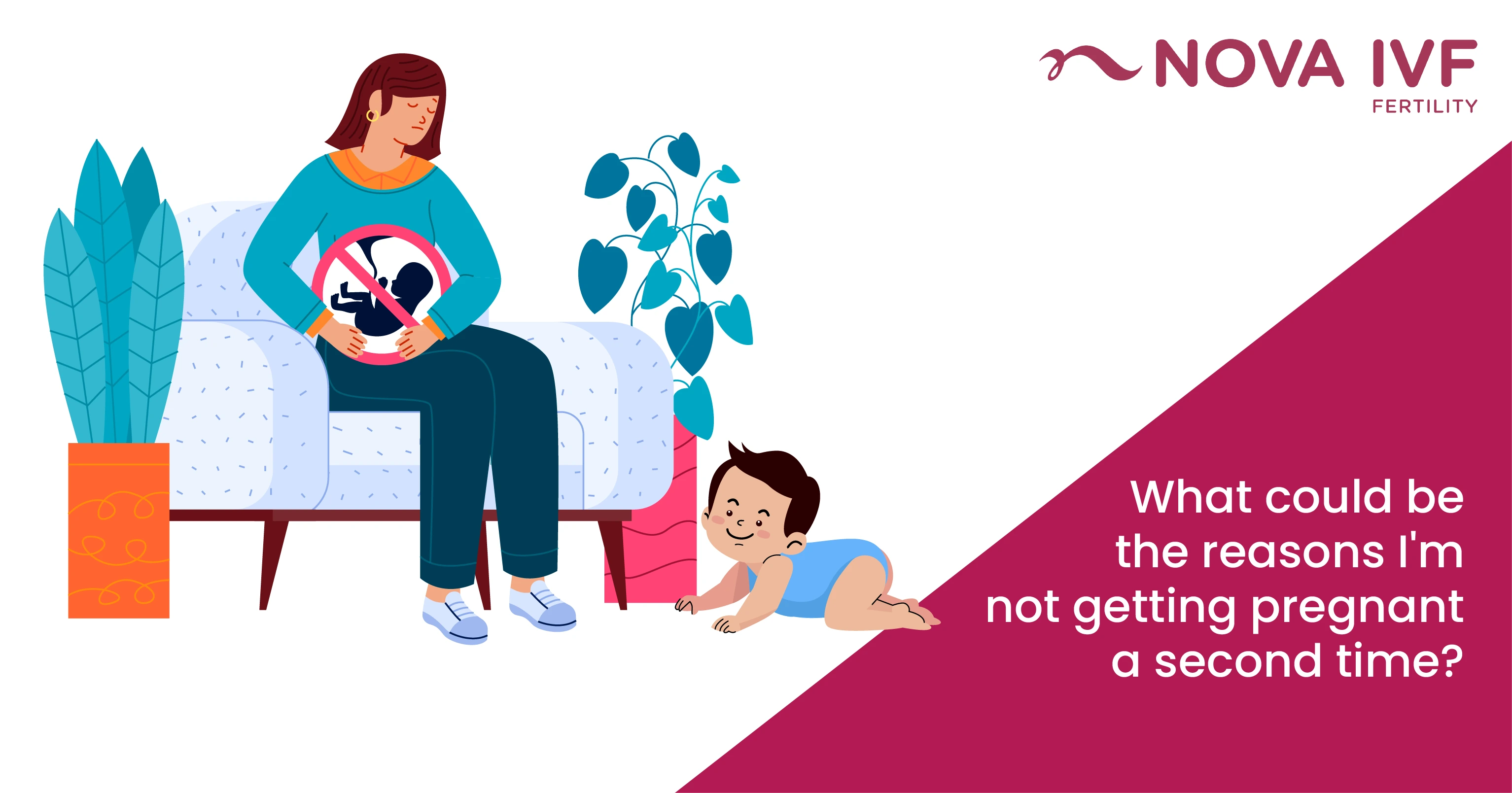Risk Factors for Uterine Fibroids and Polyps: Essential Information

Both uterine fibroids and polyps grow on the uterine walls but they majorly differ in their composition. Uterine fibroids are made up of thick muscle tissues while polyps are made from endometrial tissues (lining of the uterus). Thus, polyps are more dangerous than uterine fibroids as they lead to serious health issues that include vaginal bleeding, bladder issues, abnormal menses, and even cancer.
On the other hand, fibroids do not cause major health issues but may lead to heavy menses or lower back pain, but mostly they are asymptomatic in women. Another difference between polyps and fibroids is that fibroids cease to grow in a womans body post-menopause, while polyps continue to do so.
Major risks of fibroids include:
- Genetics: Fibroids are hereditary because if a mother having fibroids delivers a girl child, the infant is three times more prone to having fibroids once she attains puberty. Due to the mutation of a particular type of gene responsible for fibroids, the condition is passed on to the progeny as well.
- Race: It also has a huge role to play in the case of fibroid formation in women. For example, Black women are more susceptible to having fibroids, that too at a very young age, than Caucasian women, or women belonging to other races.
- External environmental factors: The type of food consumed by women also determines the risk of developing fibroids in their boy. For example, vitamin D deficiency, low consumption of vegetables and fruits, consuming alcohol, and obesity increase the risk of uterine fibroids. Also, early menarche leads to uterine fibroids.
Major risks of polyps include:
- High fat diet: Women are at high risk of polyp formation if they consume a high fat diet regularly.
- Diabetes: Diabetes can lead to polyp formation.
- Genetics: If any close relative in the family has polyps, chances of the next generation getting them are inevitable.
- PCOS and ovarian or breast cancer: Women diagnosed with either of these have a high risk of developing polyps.
Thus, polyps and uterine fibroids are common in women, but polyps are more dangerous and require immediate medical attention.
 Infertility Counselling
Infertility Counselling Female Infertility Treatment
Female Infertility Treatment Andrology Treatment
Andrology Treatment Fertility Enhancing Surgeries - Female
Fertility Enhancing Surgeries - Female Fertility Enhancing Surgeries - Male
Fertility Enhancing Surgeries - Male Endoscopy Treatment
Endoscopy Treatment IUI Treatment
IUI Treatment IVF Treatment
IVF Treatment ICSI Treatment
ICSI Treatment Advanced IVF Solutions
Advanced IVF Solutions Embryology
Embryology Vitrification Egg, Embryo, Sperm Freezing
Vitrification Egg, Embryo, Sperm Freezing Preimplantation Genetic Testing (PGT)
Preimplantation Genetic Testing (PGT) Donation Program Embryo / Egg / Sperm
Donation Program Embryo / Egg / Sperm Self-cycleTM IVF
Self-cycleTM IVF

 Self-cycleTM IVF
Self-cycleTM IVF










